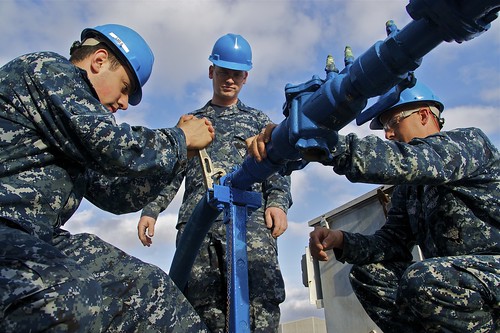
What future scenarios should NATO be prepared once the final US-led troops have withdrawn from Afghanistan in 2014? Will a new array of threats reinforce the importance of ‘conventional’ military thinking and planning in the United States and Europe? These were among the questions raised at The Return of Conventional War?, a panel discussion hosted on 11 September by our parent organization, the Center for Security Studies (CSS).
In the following podcast, the guest panelists outline their respective positions on prospects for the return of conventional war and strategic planning. The CSS’ Martin Zapfe is convinced that after 13 years in Afghanistan and Iraq, Western militaries will increasingly turn to the more ‘conventional’ challenges posed by the likes of China and Russia. The Institute for Security Policy Kiel’s Joachim Krause sees no point, however, in thinking about conventional threats to security. Instead, the West should continue to focus upon the myriad threats and security challenges that actually exist today.




